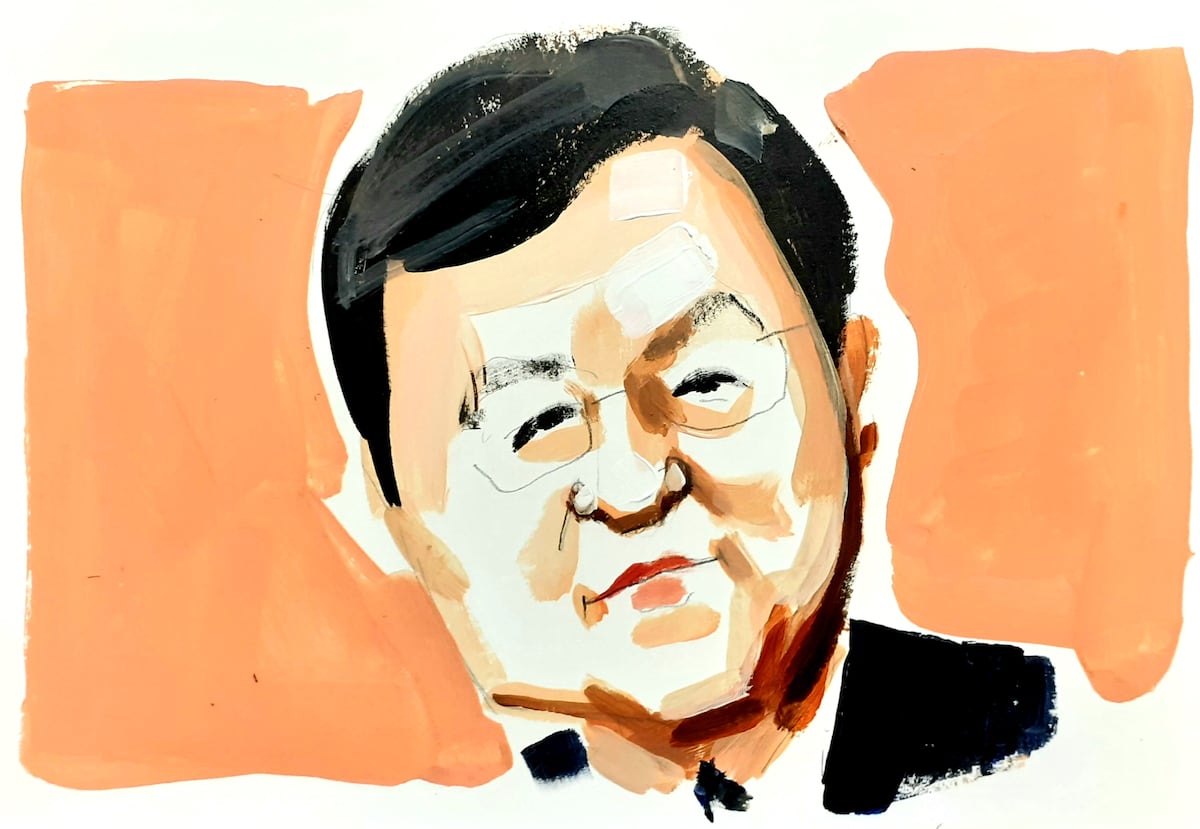
Wang Chuanfu, the 59-year-old CEO of BYD, wanted to demonstrate the safety and cleanliness of the batteries developed by his company during a meeting with Berkshire Hathaway, Warren Buffett’s company. He did this by drinking a glass of the electrolyte liquid from one of them. The Hathaway crew was stunned. Was this man an idiot or a genius? Years later, having become the richest man in China, the verdict is clear.
In just three decades, BYD has grown from a small battery factory in Shenzhen to the world’s largest manufacturer of electric vehicles, challenging Tesla’s global leadership. The company sells more than three million electric and hybrid cars a year, exports to more than 60 countries and manufactures the innovative Blade battery, which even Elon Musk’s company has begun to incorporate into some of its models.
BYD is the ninth most valuable private company in China, with a capitalization of about $110 billion in 2024. Its expansion in Europe has accelerated even after the imposition of Trump’s tariffs on the Asian country’s car industry. The possibility of the firm installing an electricity factory in Spain has gone from being a rumor to a potential reality in recent weeks. According to Reuters, the Chinese giant is considering opening its third European assembly plant on Spanish territory, after those already planned in Hungary and Turkey.
With a personal fortune of around $24 billion, according to Forbes, Wang belongs to a generation of Chinese entrepreneurs who escaped poverty to join the country’s new billionaire class, benefiting from China’s economic opening-up. The electric and hybrid vehicle industry was a strategic part of the economic miracle, with billions available in subsidies and tax breaks to manufacturers such as BYD. Wang himself is a member of the Chinese Communist Party.
Wang is reported to be a quiet man with modest habits. He travels in economy class on commercial flights whenever his schedule allows; he carries his own suitcase and prefers to go unnoticed in public. For years, he regularly ate in the BYD employee cafeteria and lived with his wife and daughter in the company’s housing facilities in Shenzhen.
He was born into a humble peasant family, the youngest of eight siblings. His parents died when he was a teenager, although the circumstances of their death are not entirely clear. According to newspaper reports, Wang’s father died after a long illness, and his mother collapsed suddenly while working in the fields and died before reaching hospital.
Wang’s siblings worked for years to fund his education, which resulted in him winning a scholarship to study chemistry, physics and metallurgy at the Central South University in Changsha. He then completed a master’s degree in Battery Technology at the Beijing Non-Ferrous Metals Research Institute.
After completing his studies, he worked for several years as a researcher in a state entity. In 1993, the center where he had done his postgraduate studies founded a battery company in Shenzhen and, thanks to his specialization, Wang was appointed general manager.
In 1995, at age 29, he decided to become independent and founded his own rechargeable battery company, BYD Company, in Shenzhen, with the financial support of his cousin Lu Xiangyang, who lent him 250,000 yuan (about $30,000) as initial capital. BYD’s success was dazzling. In less than five years, it became one of the world’s largest manufacturers of batteries for mobile phones. From the get-go, Wang’s strategy was clear: emulate successful products and reduce costs.
In 2003, the company made the leap from the consumer electronics sector to the car industry. That year, BYD acquired Qinchuan Machinery Works, a small automotive manufacturer in financial difficulty, and founded the subsidiary BYD Auto. In 2005, it launched its first passenger car, the F3, an internal combustion engine sedan that became one of the best-selling cars in the country by the end of that decade.
Wang was firmly committed to electric vehicles. In 2008, he presented BYD’s first hybrid and electric models, convinced that batteries had potential beyond mobile phones. However, that vision was not unanimously understood: many shareholders were skeptical of the costly shift to the electric car, which prompted a drop of up to 31% in the company’s stock market value.
Its first electric and hybrid vehicles achieved some traction in the Chinese market, and this attracted the attention of investor Charlie Munger, Warren Buffett’s partner. Fascinated by BYD, Munger convinced Buffett that the young Chinese company had a bright future. “This guy is a combination of Thomas Edison and Jack Welch… I’ve never seen anything like it,” Munger said of Wang.
Berkshire Hathaway invested about $232 million for a 9.9% share of BYD. This injection of capital and international confidence was a huge boost to the company, which just a year later launched its first 100% electric 12-meter bus and intensified its expansion into new energy vehicles. The value of BYD’s stock increased fivefold after Buffett’s vote of confidence, and in 2009 Wang became China’s richest man.
BYD has just unseated Tesla as the world’s largest EV seller by volume. Musk, who mocked the company in 2011 by saying “I don’t think they have a great product,” had to swallow his words more than a decade later by admitting that BYD’s cars “are very competitive.” That Chinese engineer who looked to some a that Berkshire Hathaway meeting that he might be an idiot, ended up proving that, in reality, he was a genius.
Sign up for our weekly newsletter to get more English-language news coverage from EL PAÍS USA Edition








